Blogopmaak
Getting Married in Portugal - Part 1
4 augustus 2023
Marriage; some have dreamed about it since childhood, while others have no particular interest in it. Personally, I lean more towards the first category, so when my boyfriend proposed to be last year, I said a wholehearted yes! What I didn't know then was that by saying yes to my true love, I was also saying yes to application forms, emails to institutions I had never heard of and countless phone calls to Dutch, French, and Portuguese authorities. Fortunately, everything eventually fell into place, and on July 27th, o noivo and I exchanged our vows!
Having spent almost a year gathering all the necessary documents, I can now consider myself an expert in this area. Therefore, I'd love to share my experience with you in this article, so that the preparations for your wedding in Portugal, as a non-Portuguese, will be much easier!

STAP 1: Collecting the documents
The last mile is the longest does not apply in this case. In fact, this first step took us months, while the other steps fortunately went more smoothly. Here is a clear overview of the documents you'll need if you're planning to get married in Portugal as a non-Portuguese:
| What do you need? | Clarification |
|---|---|
| ID/passport | |
| Extract of your birth certificate | In Portugese |
| Residence Permit | CRUE. You should already haveit if you've been living in Portugal for at least 3 months |
| The affidavit of eligibility to marry | issued by your country of origin |
The affidavit of eligibility to marry (certificado de capacidade matrimonial) the affidavit of eligibility to marry is a document stating that you are not currently married and that, according to the law of your country or origin, you and your partner are allowed to marry each other. As my partner and I are a French-Dutch couple, so we had to request this from both France and the Netherlands, which turned out to be quite a process. In case you have a Dutch or French partner, you can read below what you will need!
The Netherlands
In the Netherlands, you can apply for the certificate of marital eligibility at the municipality where you last lived. For this, you will need to submit the following documents by post (note: municipalities may require additional documents):
| Dutch Nationality | French Nationality |
|---|---|
| Copy of ID card/passport | Copy of ID card/passport |
| Certificate of marital status from Portugal* | Certificate of marital status from Portugal |
| Birth certificate | |
| In case of a previous marriage: proof of dissolution of that marriage |
You can request the certificate of marital status from Portugal at the Dutch Embassy in Portugal. For this, you will need to submit the following documents:
- Copy of ID/passport
- Address and proof of residence registration (rental contract andstatement from the Portuguese tax authority)
- Declaration of single status (The RNI-extract International Civil Status and Nationality, which can be requested through
https://www.denhaag.nl/en/certificates-and-declarations/personal-records-database-non-residents-rni-in-the-netherlands.htm)
France
To request the certificate of marital eligibility (certificat de capacite a mariage) from France, you need to fill out the application form (which can be sent by the French embassy) and include the following documents:
- Birth certificate of the partner with French nationality (not older than 3 months)
- My own birth certificate (multilingual and not older than 6 months)
- Copy of my ID card/passport
Make sure the documents are provided in the correct language. Fortunately, there are agreements within the EU for issuing multilingual extracts and translation forms. In most cases, you can request a document in multiple languages. We only had to translate the Certificate of Marital Status from France since it's not a standard document for application. We had it translated by www.urgent-vertalen.nl as it needed to be done by a sworn translator.
Have you succeeded in applying for all the documents? Great! You're one step closer. Read this article to find out what the next steps are.
.
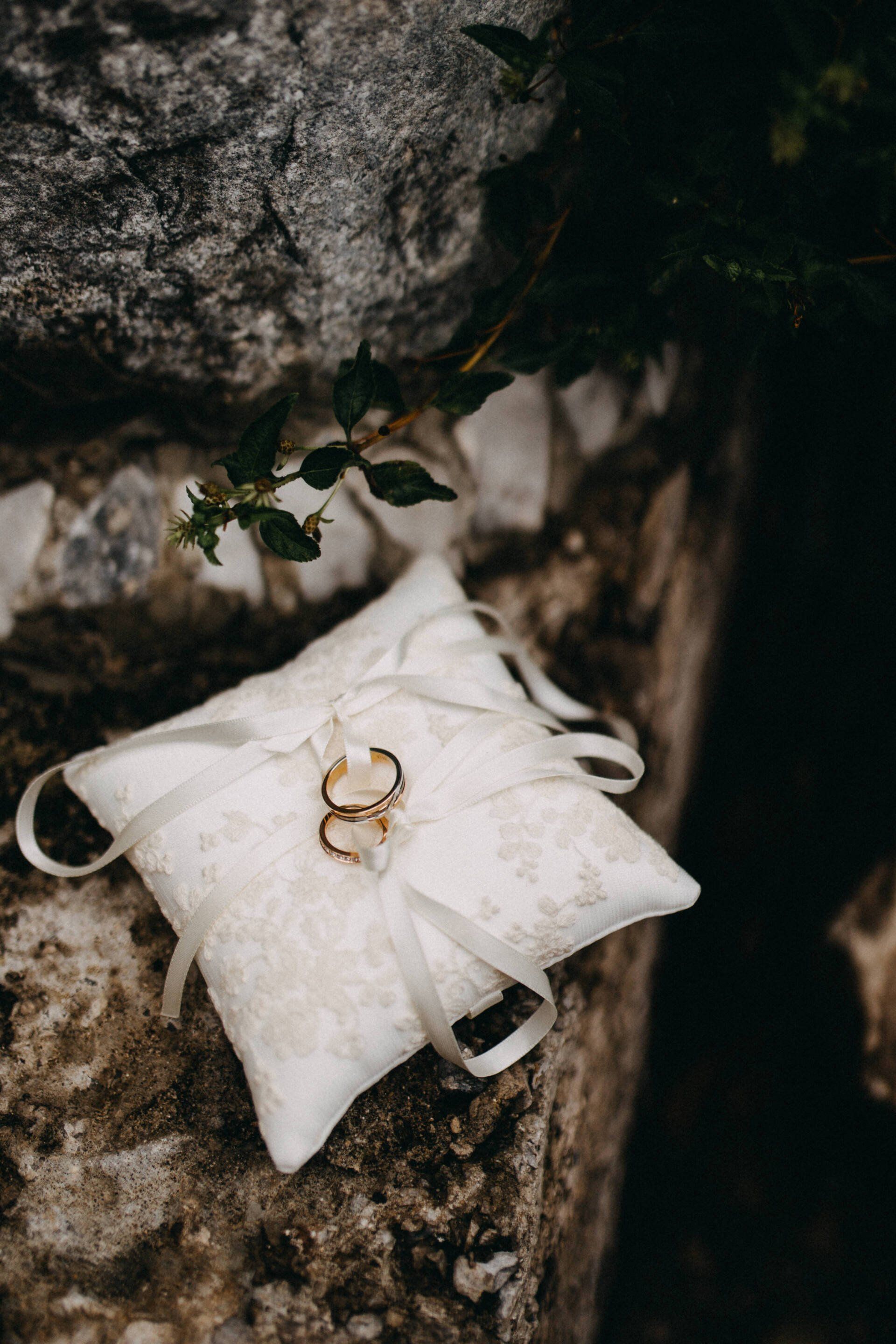
4 augustus 2023
Trouwen; de een droomt er sinds kleins af aan van en de ander heeft er helemaal niets mee. Zelf neig ik meer naar de eerste categorie dus toen ik vorig jaar ten huwelijk werd gevraagd, zei ik natuurlijk volmondig ja! Wat ik toen nog niet wist, was dat ik niet alleen ja zei tegen mijn grote liefde maar ook tegen aanvraagformulieren, e-mails naar instanties waar ik nog nooit van had gehoord en vooral heel veel telefoontjes naar Nederlandse, Franse én Portugese instellingen. Gelukkig is het uiteindelijk allemaal goed gekomen en gaven o noivo en ik op 27 juli elkaar het jawoord! Aangezien we bijna een jaar lang bezig zijn geweest met het verzamelen van alle documenten, kan ik mijzelf inmiddels wel expert noemen op dit gebied. Graag deel ik dan ook mijn ervaring dit artikel zodat de voorbereidingen op jouw huwelijk in Portugal als niet-Portugees, een stuk makkelijker zullen zijn!
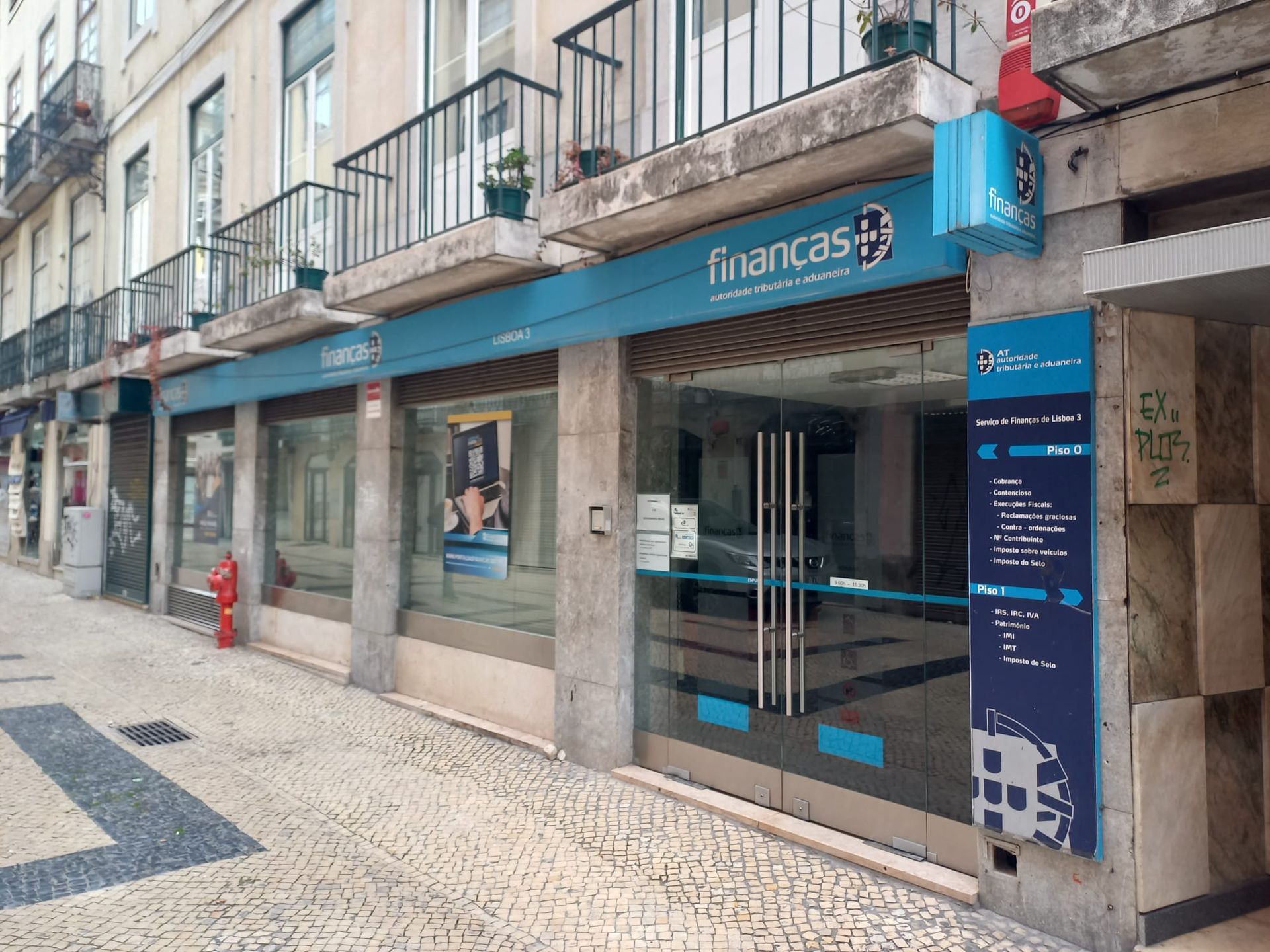
19 februari 2023
Nog een paar maanden en dan is het weer tijd voor de belastingaangifte in Portugal. Maar de voorbereiding…die begint al wat eerder! In dit artikel leg ik je uit hoe de betalingen die aan jouw NIF zijn gekoppeld in 2022, onder de juiste categorie komen te staan en zo bevestigd worden. Let op: dit moet je voor 27 februari hebben gedaan!
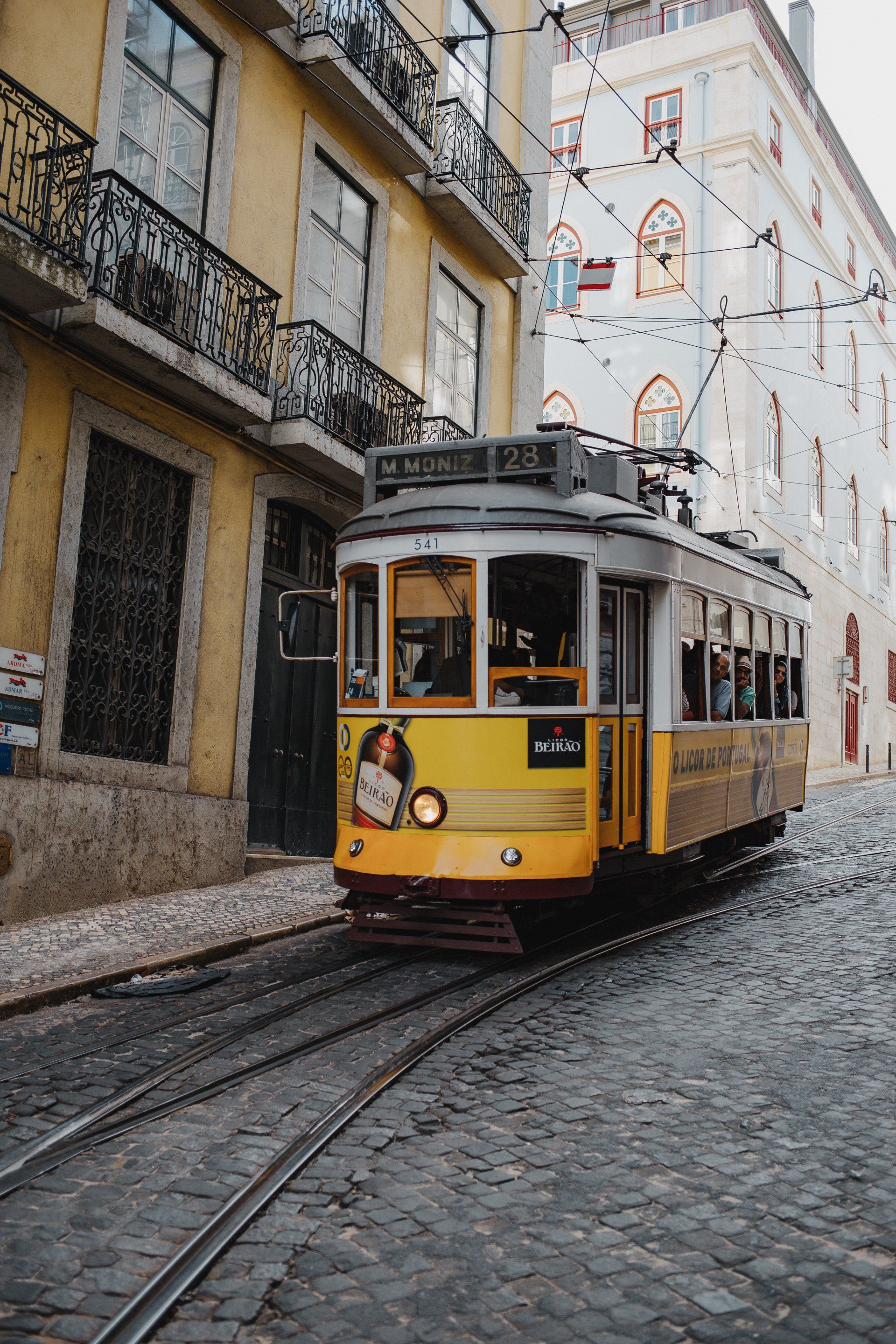
13 november 2022
Four years ago I moved to Portugal ´for a year.´ Well that year is taking a bit longer... 😉 This milestone had to be celebrated and it´s what I did by renewing my Portuguese transport card. There are nicer things to do, but since I travel daily on public transport, this was important! In this article, I´ll explain what the personal transport card is and how to get or renew it.

13 november 2022
Afgelopen week was het alweer vier jaar geleden dat ik ´voor een jaar´ naar Portugal vertrok. Deze mijlpaal moest natuurlijk gevierd worden, en wel met het vernieuwen van mijn Portugese OV kaart 😉. Er zijn leukere dingen om te doen maar omdat ik dagelijks met het OV reis, was dit wel belangrijk. In dit artikel leg ik je uit wat de persoonlijke OV kaart is en hoe je deze kan aanvragen of vernieuwen.
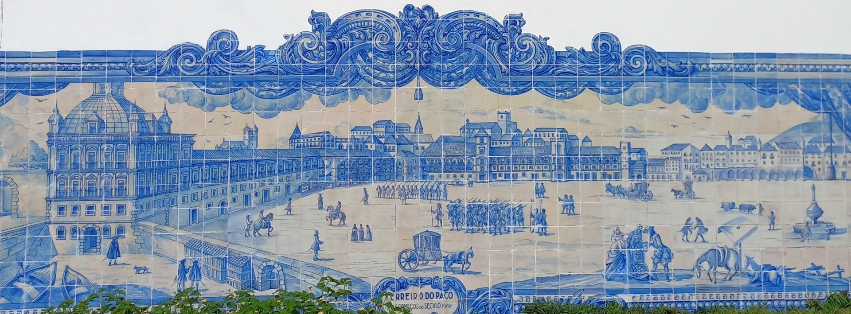
1 november 2022
In het artikel Geschiedenis van Portugal deel 1 heb ik al het een en ander geschreven over de geschiedenis van Portugal. Voor de geschiedenisfanaten is er nu ook deel twee! In dit artikel vertel ik je meer over wat er tijdens en na de tijd van ontdekkingsreizigers heeft plaats gevonden in Portugal.
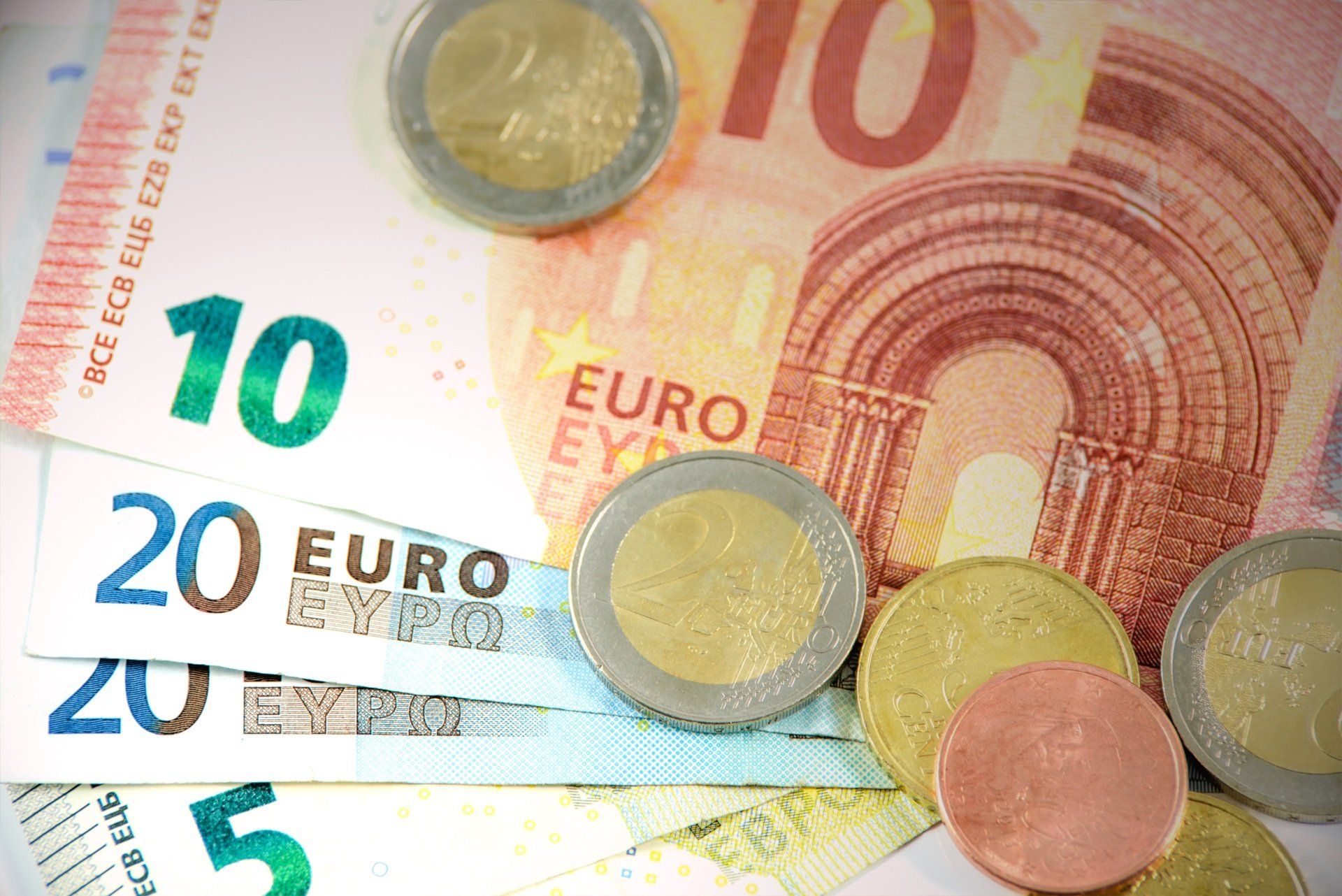
28 oktober 2022
In September, it was announced that the Portuguese government would give a €125 to residents in Portugal due to inflation. Families would also receive an amount of 50 euros per child living at home. There was confusion for many people, including myself; would it be only for residents in Portugal with Portuguese nationality or also for residents without Portuguese nationality? By now, we know more! The government has even started paying for it. In this article, I'll tell you more about it!

24 oktober 2022
In september werd er bekend gemaakt dat de Portugese overheid eenmalig 125 euro zou geven aan inwoners in Portugal vanwege de inflatie. Ook zouden gezinnen een bedrag van 50 euro per thuiswonend kind krijgen. Er was voor veel mensen, waaronder ikzelf, onduidelijkheid voor wie dit zou zijn; alleen voor inwoners in Portugal met een Portugese nationaliteit of ook voor inwoners zonder de Portugese nationaliteit? Inmiddels is er al een hoop duidelijk en is de overheid zelfs al begonnen met het betalen. In dit artikel vertel ik je er meer over!
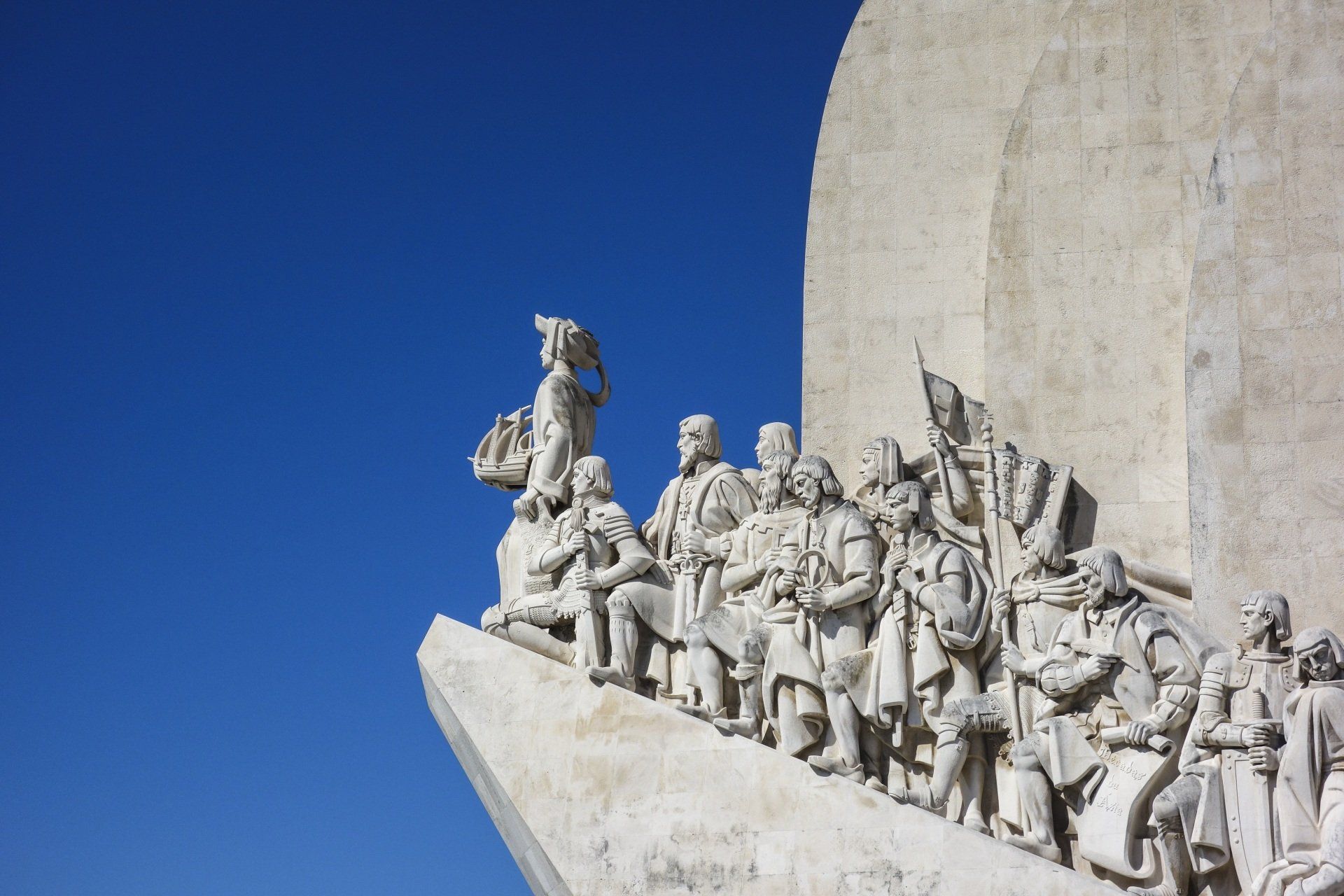
23 oktober 2022
Het is zover: je nieuwsgierige moeder/vader/vriend/oudtante komt je bezoeken! Naast dat deze persoon het natuurlijk leuk vindt om jou te zien, kan het maar zo zijn dat hij/zij ook wat meer wil weten over het land zelf (en dan heb ik het niet alleen over de mooie stranden). Natuurlijk kan jij er als inmiddels inwoner van Portugal, alles over vertellen…..toch? Na dit artikel in ieder geval wel! Ik geef je een samenvatting van de geschiedenis van Portugal. Dit is het eerste deel (romeinen tot aan de tijd van ontdekkingsreizigers). Deel 2 vindt je hier .
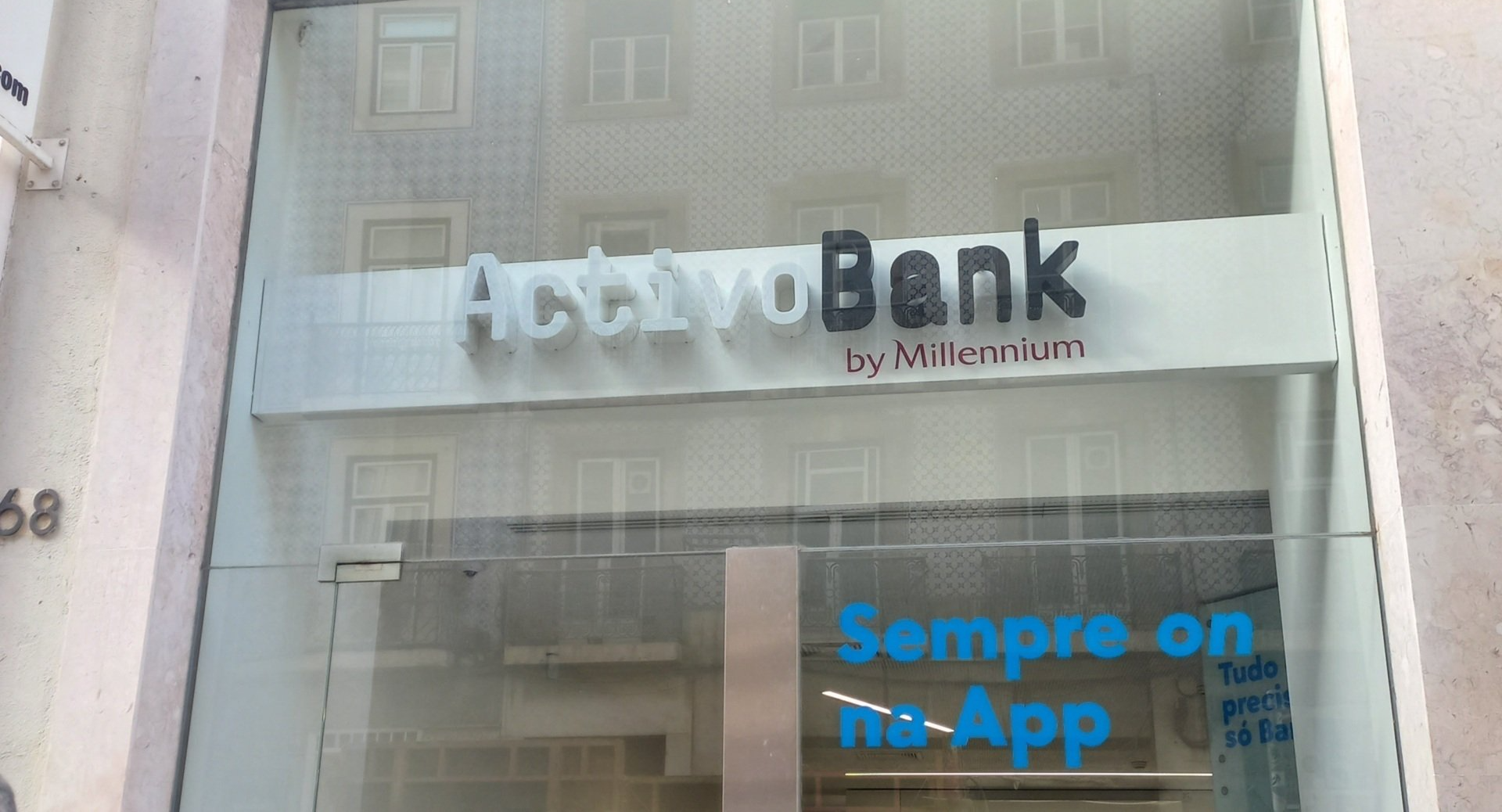
9 oktober 2022
Opening a Portuguese bank account is probably not something you will do immediately when arriving in Portugal. But the longer you live in Portugal, the more you realise that a Portuguese bank account will make your Portuguese life much easier! In some restaurants or shop you can´t pay with a foreign bank card, even in a big city like Lisbon! And besides, the tax money can only be deposited on a Portuguese account. And you don’t want to miss that money, right? I should have done it earlier but I kept putting it off, as administrative task in Portugal can drive you crazy! So.. I took a day off, prepared myself for the worse and what happened? Within two hours I walked out of the door with a big smile….and a Portuguese bank card! Do you want to open a bank account in Portugal but have you no idea where to start? No worries! In this article, I will explain to you how to open a bank account in Portugal!
© 2024
All Rights Reserved | ANNEMINHA